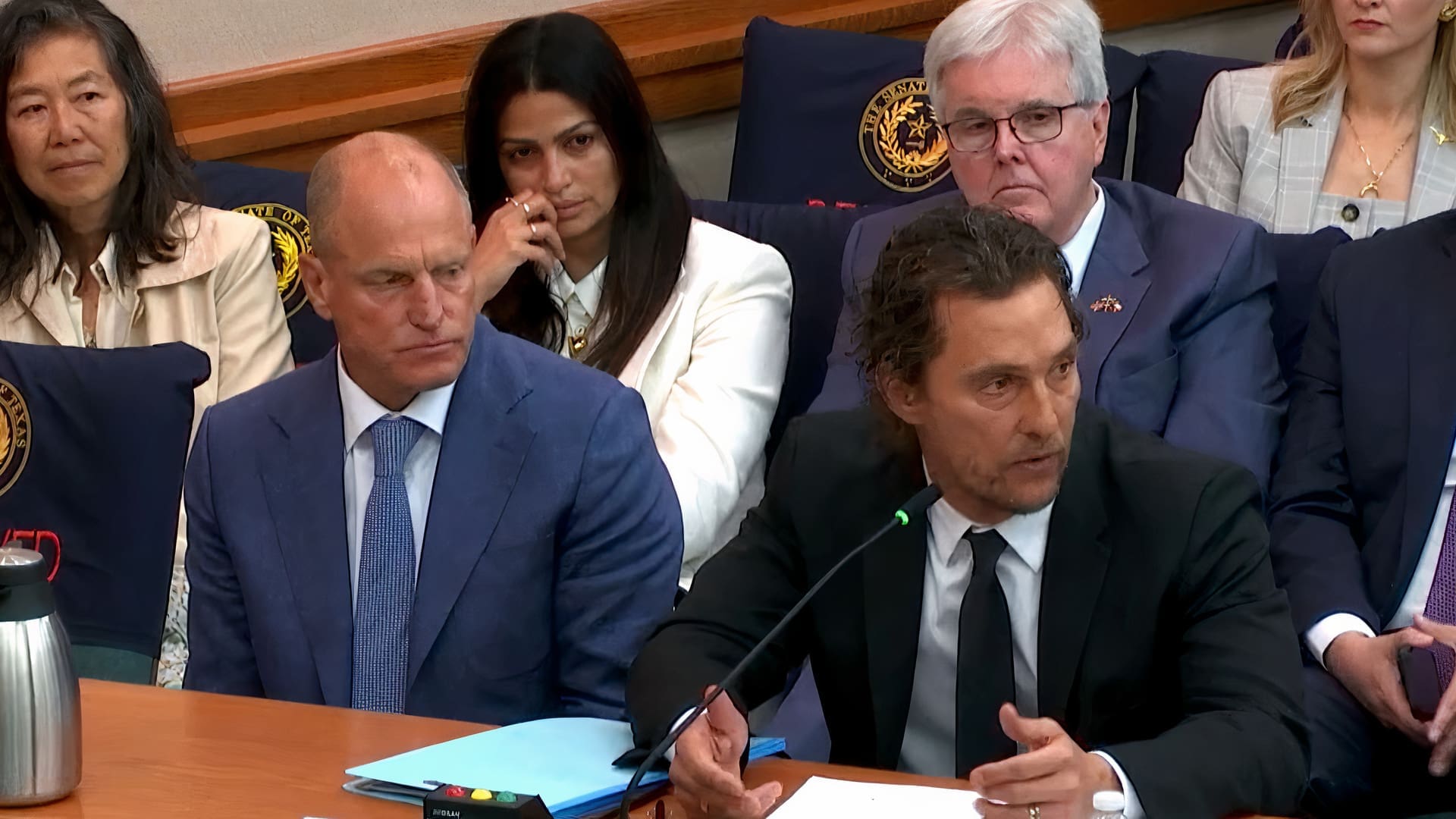HHurricane Harvey’s record-level destruction will likely cost the state a minimum of $2 billion to help cover the damages, State Comptroller Glenn Hegar said in the months following the record-setting disaster.
“This event, being from the edge of Corpus (Christi) all the way to the Sabine River – this is going to be very costly especially for the school district side,” Hegar said in an interview.
The line for state funds starts with the usual suspects in waiting – school finance, border security, pensions, etc.
Texas has the largest Economic Stabilization Fund (ESF) of its kind in the nation. Clocking in at $9.7 billion at the end of 2016, the fund currently stands at a balance of $10.98 billion.
The ESF has been tapped twice for natural disasters: in 2003 to reimburse costs related to Tropical Storm Allison, and again in 2013 as a response to the Bastrop wildfire. Lawmakers also dipped into the state savings account in 2011 to address a budget shortfall following the Great Recession.
Gov. Greg Abbott has been reluctant to spend down the ESF immediately because of concerns over disaster relief waste and abuse in the past. However, during a September briefing he said that “the lieutenant governor and the speaker both agree with me that Texas will need to tap into the rainy day fund. They both agree with me that the appropriate time to do that is in the next session.”
Even still, prudence will be paramount in deciding where ESF funds will be administered and in what manner. While Texas Scorecard firmly believes devastating events like Harvey are why the ESF exists, the ease with which lawmakers are willing to draw from the fund for ongoing state expenses and wish-list projects simply illustrates the need for conservative stewardship.
And it’s a good thing the fund has remained robust.
In the 2015 annual report by the Texas Bond Review Board, credit rating giant Moody’s said that Texas’ AAA-rating, “reflects the strong fundamentals of the Texas economy; a rainy day fund that provides a healthy budgetary cushion; and low bonded debt levels.”
A 2014 constitutional amendment pertaining to oil and gas revenue also specified that a legislative committee set an unspecified floor, known as the sufficient funds balance, which is currently $7 billion.
Had big-spending Democrats and certain Republican lawmakers gotten their way in looting the ESF, it’s easy to see how Texas’ credit rating could be threatened with the very real prospect of a downgrade, given the scope of Harvey’s destruction and other challenges facing budget writers in the coming 86th legislative session.
Among those challenges are:
- An estimated $2 billion in Medicaid expenses (dependent on state exceptions such as the “1115 waiver”)
- Addressing structural funding deficiencies in the Employee Retirement System (ERS) and Teachers Retirement System (TRS)
- A $1.5 billion deferral of dedicated state funds to the Texas Highway Fund
- Loss of $400 million in tax revenue when federal law kicks in, prohibiting taxes on internet access
Dr. Vance Ginn, Director of the Center for Economic Prosperity at the Texas Public Policy Foundation, explains in his fiscal recap that lawmakers could have up to $2.79 billion to spend in a supplemental budget next year and still remain within a conservative budget framework (i.e. allowing biennial increases consistent with growth in population and inflation). Theoretically, this could cover some of these budget “holes.”
What remains unknown is the cost ceiling attributed to Harvey. The Texas Education Agency has announced $400 million in relief for up to 157 schools with lower attendance due to Harvey. Meanwhile, the Texas General Land Office (GLO) said at a committee hearing that 8,702 households had immediate needs, out of 890,000 that have applied for federal disaster relief.
Although the GLO doesn’t expect $5 billion in federal relief to reach Harvey-affected Texans until the fall of 2018, Abbott says he intends to allow agencies to spend their 2019 budgets and be repaid by legislature in 2019.
Until then, Texans will continue to do what they have always done: work hard to improve their lives and the lives of their families.




